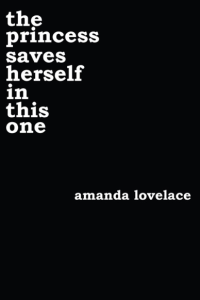Title: Literature from the “Axis of Evil”: Writing from Iran, Iraq, North Korea, and Other Enemy Nations
Author: Various (anthology)
Genre: Poetry/Short Stories
Trigger Warnings: Vary between stories; include poverty, child abuse, sexual content, excrement, death, blood, injury, and war
Back Cover:
In thirty-five works of fiction and poetry, writers from countries Americans have not been allowed to hear from-until the Treasury Department revised its regulations recently-offer an invaluable window on daily life in “enemy nations” and humanize the individuals living there. The book includes works from Syria, Lybia, the Sudan, Cuba, as well as from Iran, Iraq, and North Korea. As editor Alane Mason writes in the introduction, “Not knowing what the rest of the world is thinking and writing is both dangerous and boring.”
Review:
This book is utterly fascinating. It contains thirty-five works of poetry, short stories, and excerpts from longer fiction from Iran, Iraq, North Korea, Syria, Lybia, Sudan, and Cuba, all nations considered enemies of the United States, where I live. Each country’s section starts with a bit about the countries themselves and the cultural context the works were written in, and each work begins with a short biography of each author (excepting North Korea, where biographical information for most authors is not released by the state).
It’s hard to talk about these stories without rambling on, and it’s easiest just to have the experience yourself. They are windows into life in these countries, stories of real people with real feelings from countries that I had been taught were peopled with faceless Evil Enemies. I found the North Korean works especially interesting (and most especially “A Tale of Music” by Kang Kwi-mi, the longest of the four) – though North Korean fiction is regulated by the government, it gave a fascinating insight into how the government wants people to view living in North Korea, whether or not it reflects the reality of North Korean citizens.
Another thing I found interesting was how many of the Middle Eastern/North African sections were written by writers who had grown up in the countries in question but had either left or were in exile and wrote about their homeland from outside its borders. The context notes point out that most of these countries don’t look kindly on dissenting writing or the writers behind it, so it makes sense, it was just surprising.
And I will admit that even with the context notes in each section, sometimes I just didn’t have the cultural understanding to grasp the significance in some stories. “The Vice Principal” (Iran), for example, is a story of a boy who wrote an essay for school saying that the town body-washer performed the greatest service to society and nearly got expelled over it. I am still very confused over why this essay would warrant that large a punishment – or any punishment at all, really. The teacher was definitely expecting essays on doctors, teachers, soldiers, and such, but he did say that the students could make their own choices, and body-washers do perform a great service (taking care of corpses so they don’t lay around stinking and causing disease, providing proper respect to the deceased, preparing them so the grieving family can bury them properly) and yet are reviled for it. My American sensibilities finds it an unorthodox choice, but the boy’s essay (printed in the story) has a well-reasoned argument and the teacher did say the students were free to write their own opinion. My only conclusion is that I must be missing some piece of cultural context that would make this essay unacceptable for some reason.
I highly recommend this book. It voices almost never heard in the United States, insights and context to cultures Americans have been raised to think of as The Enemy, and works to humanize these perspectives that are often invisible to us. (I also think it would be an excellent book to discuss in a literature class.) If you want to broaden your perspectives, Literature from the “Axis of Evil” will do so.
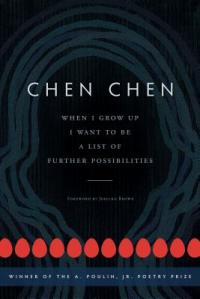

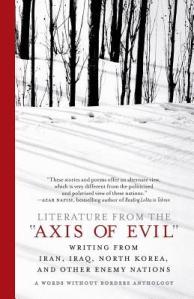
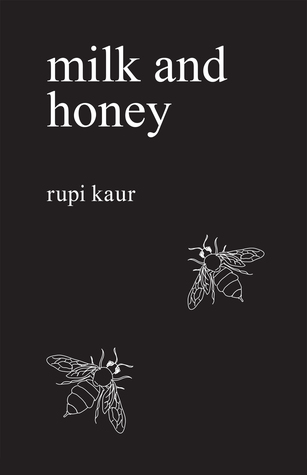
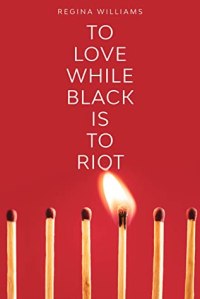
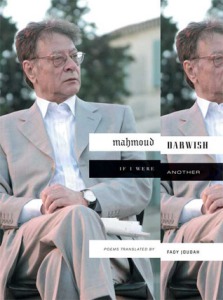 Title: If I Were Another: Poems
Title: If I Were Another: Poems
